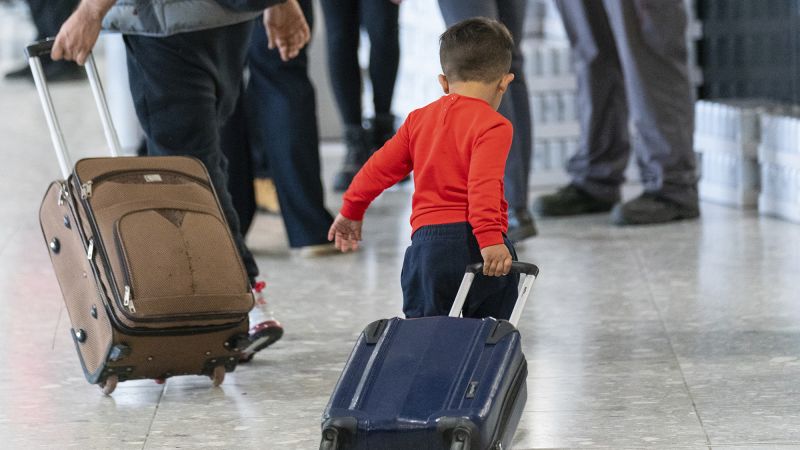Britain has initiated a covert plan to relocate thousands of Afghans to the UK following a significant data breach that exposed the personal details of over 33,000 individuals. This revelation, disclosed in court documents on May 2024, highlights the urgent need to protect those who assisted British forces in Afghanistan prior to the chaotic withdrawal in 2021.
The London High Court judge’s ruling, made public recently, indicates that approximately 20,000 people may need relocation to the UK. The estimated cost of this initiative could reach “several billion pounds.” Current Defence Minister John Healey confirmed that around 4,500 individuals affected by the breach are either currently in the UK or in transit, at an expense of around £400 million. The government is also facing potential lawsuits from those impacted by the data leak, which could further escalate costs.
Details of the Data Breach
A review commissioned by the Ministry of Defence (MoD) revealed that as of May 2024, more than 16,000 individuals affected by the breach have already been relocated to the UK. The breach came to light after sensitive information, including the names of Afghans who aided British forces, was inadvertently released in early 2022. The MoD identified the breach in August 2023, when part of the dataset was published on social media.
The former Conservative government swiftly obtained a superinjunction to prevent public disclosure of the breach, citing risks of extra-judicial killings or serious violence by the Taliban. This injunction was in place until recently when the Keir Starmer-led center-left government initiated a review into the circumstances surrounding the breach and the subsequent relocation efforts.
Government Response and Future Implications
The review found that while the security situation in Afghanistan remains perilous, there is limited evidence to suggest a concerted campaign of retribution by the Taliban against those identified in the data breach. This assessment has prompted the government to reconsider its approach to assisting those at risk.
Moving forward, the UK government faces the dual challenge of ensuring the safety of those affected while managing the financial implications of the relocation program. The situation underscores the complexities involved in handling sensitive information and the responsibilities that come with supporting vulnerable populations in crisis situations.
As this situation unfolds, the UK government’s actions will be closely monitored, both domestically and internationally, as it balances humanitarian obligations with operational realities.








































































